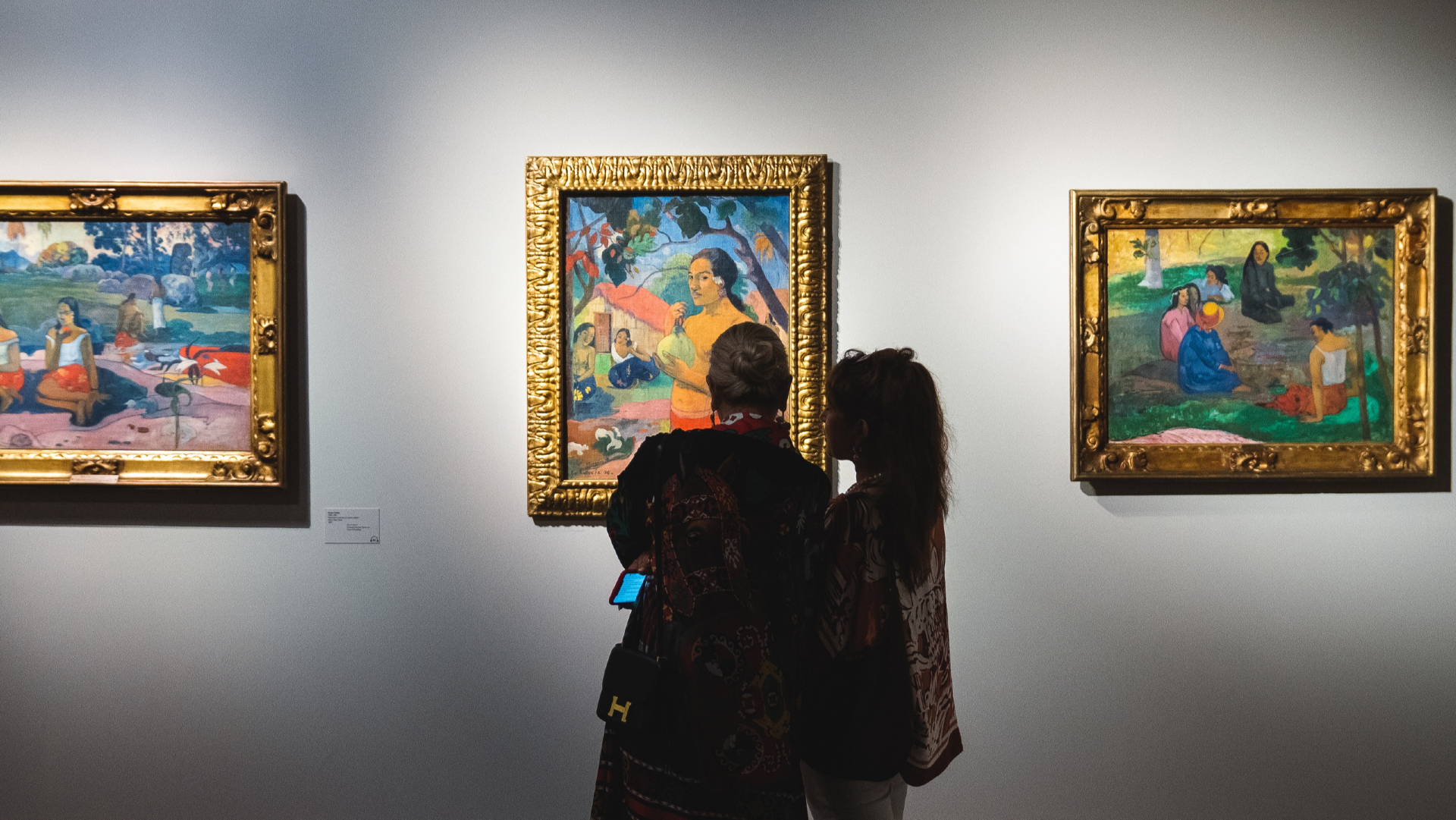The second issue of ENCATC Policy Tracker explores the changing landscape of cultural policy and digital transformation, showcasing key insights and contributions from renowned experts in the sector. The issue offers a diverse and comprehensive perspective on the current state and future directions of cultural policy.
Delve into an extensive compilation of the most notable international cultural policy reports in 2023, an article on the lessons learned from the Covid-19 pandemic, the urgent need collaborative transformation policies for sustainable and just development in Europe, and a comprehensive report on equitable access and inclusion in creative education.
The tracker also gives light to the digital transformation challenges faced by cultural associations in rural settings, as well as an expansive overview of the digital era’s impact on artistic creation, specifically looking at the challenges and opportunities presented by AI in the arts.
The report includes four editorial articles:
“Tracking International Cultural Policy Reports in 2023” authored by Jordi Baltà, a consultant and researcher at Trànsit Projectes (Spain), undertakes the task of sifting through the publications and reports released in the realm of culture and international cultural affairs this year. Baltà’s work offers a curated selection of documents predominantly from EU bodies, European regional organizations like the Council of Europe, and intergovernmental entities such as UNESCO. This compilation is invaluable for anyone seeking to stay abreast of the latest developments in cultural policy.
“An Urgent Need for Collaborative Transformation Policies for Sustainable and Just (Cultural) Development in Europe” by Sylvia Amann, director of inforelais (Austria), reflects on the lessons learned from the Covid-19 pandemic. Amann argues for a transformative shift in cultural policies, emphasizing the need for future-oriented, proactive strategies rather than reactive measures. The article draws on findings from the EU preparatory action Creative FLIP, highlighting the unpreparedness of the cultural sector for such disruptive events and advocating for policies that enhance resilience and innovation in the face of future challenges.
“Making the Creative Majority” by Tamsyn Dent from King’s College London (United Kingdom) presents a research conducted in collaboration with several UK universities, which addresses equitable access and inclusion in creative education. Launched at the UK Houses of Parliament, the project comprises six reports focusing on access to creative education and career progression. This contribution highlights the ongoing efforts to foster equity and diversity in the creative economy.
“Voluntary Organisations in Rural Areas and their Readiness for Digitalisation” by Ulrike Hentschke and Julia Glesner, from Potsdam’s University of Applied Sciences (Germany), sheds light on the digital transformation challenges faced by cultural associations in rural settings. Focusing on Brandenburg’s Prignitz region in Germany, the authors reveal the varying degrees of digital readiness among these associations. Their findings offer vital insights for policymakers, advisory agencies, and associations, guiding the development of future support measures.
Finally, Dr. Bridget Tracy Tan presents a two-part series developed by Asia-Europe Foundation (ASEF) on the intersection of digital art and AI. “Digital Art and AI: The Speed of Light and Everything Else” provides an expansive overview of the digital era’s impact on artistic creation, with a focus on Asia. The second article in this series, “The Seer and the Seen: Challenges Faced by Artmakers in the Age of AI” delves deeper into the specific challenges and opportunities presented by AI in the arts, using the Mandarin Theatre program at Singapore’s Nanyang Academy of Fine Arts as a case study.
This issue of the ENCATC Policy Tracker offers a diverse and comprehensive perspective on the current state and future directions of cultural policy.
Read the full report here








